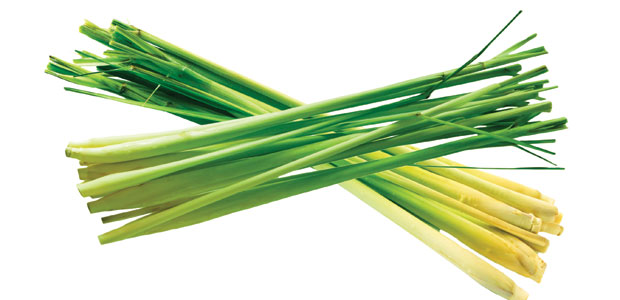Advertisement
Lemon Grass
Let your food be your medicine

Sitting in my favourite Thai restaurant, I am surrounded by exotic smells that engulf my senses. I dig into Thai Hot and Sour soup (Tom Yum Gai) with great anticipation. Ahh…the wonderful taste of lemon grass.
It is wonderful knowing that your food not only smells and tastes great, but it is also a strong medicine. Lemon grass is one of those interesting herbs that is both a culinary herb and a medicinal herb.
Gastronomically Exotic
Lemon grass (Cymbopogon flexuosus) is a grass native to Sri Lanka and southern India and is now widely cultivated in the tropical areas of America and Asia. The exotic scent and taste has migrated around the world and is now included in the cuisines of Asia, Africa, the Caribbean, Mexico, and North America.
Lemon grass is commonly used in teas, soups, and curries. It is also suitable for adding flavour to poultry, fish, and seafood.
Medicinally Useful
Lemon grass makes a pleasant-smelling and -tasting tea, which is suitable for children to use for upset stomachs, coughs, and colds. It is listed in the German Commission E as a tonic to relieve discomforts in the gastrointestinal tract, muscle cramps, neuralgia, various nervous disturbances, and exhaustion.
Research shows that lemon grass has antifungal properties, making it quite useful to fight Candida yeast conditions as well as other fungal infections, such as athlete’s foot.
The essential oil has a pleasant lemony fragrance, which is known to have a wide range of beneficial activities attributed to its main constituent of citral, including antimicrobial, antifungal and antibacterial action; the ability to bring down a fever; relief from digestive difficulties; and deodorizing ability.
The essential oil is also used externally to treat ringworm, lice, athlete’s foot, arthritis, and scabies. In aromatherapy the oil is used to revitalize the body, relieve the symptoms of jetlag, clear headaches, and help to combat nervous exhaustion and stress-related conditions.
Lemon grass has no known drug interactions and is considered nontoxic, though its essential oil has been known to cause skin irritation in a small number of sensitive people; discontinue use if any irritation occurs.




